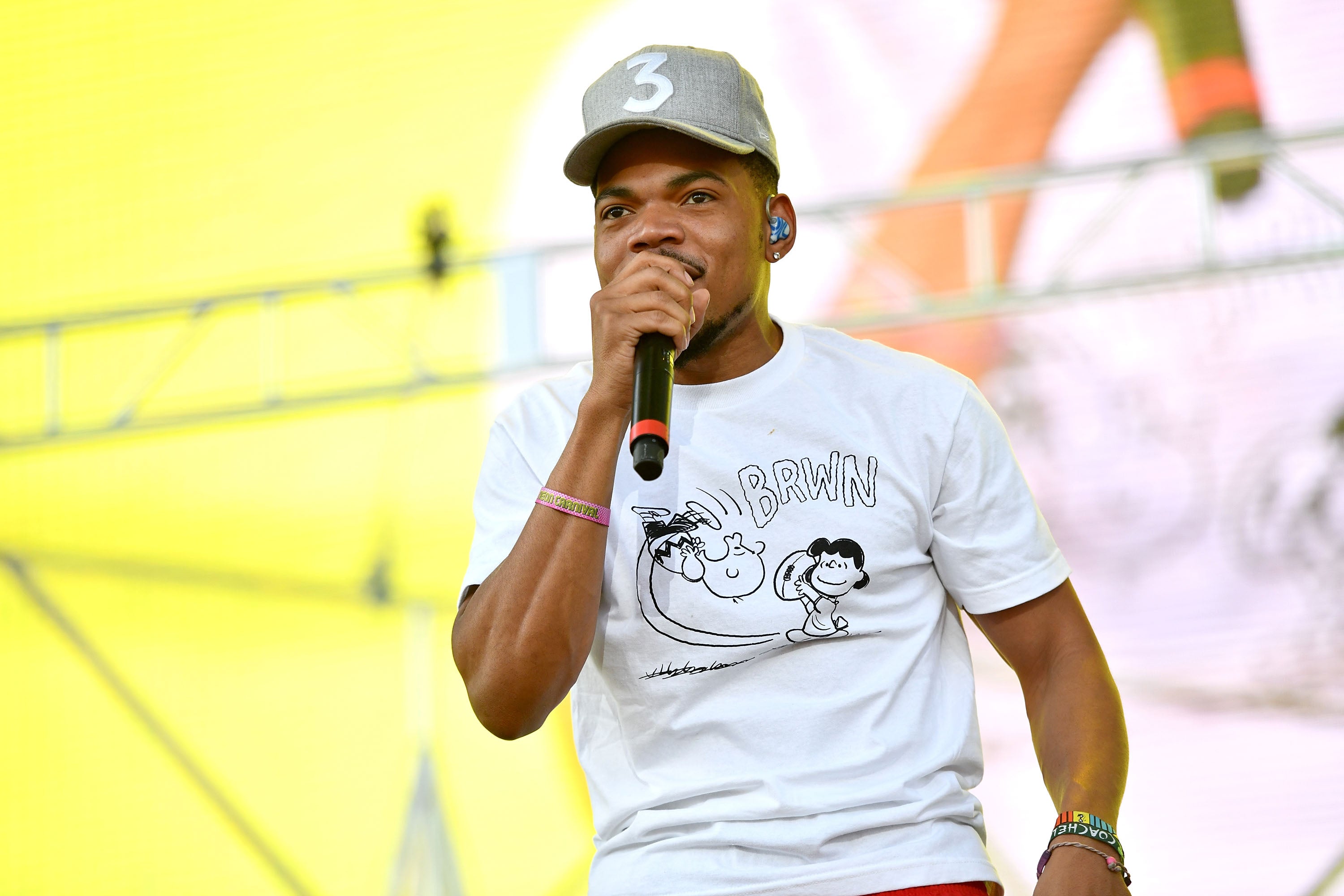
“We’re programmed to really be hypersensitive to black male oppression,” Chance continued in the interview. “But Black women are exponentially [a] higher oppressed and violated group of people just in comparison to the whole world. Maybe I didn’t care because I didn’t value the accusers’ stories because they were Black women. Usually, n-ggas that get in trouble for sh-t like this on their magnitude of celebrity, it’s light-skinned women or white women. That’s when it’s a big story. I’ve never really seen any pictures of R. Kelly’s accusers.” But Chance also called out the documentary for misquoting the interview by suggesting he “didn’t value the accusers’ stories [because] they were Black women.”In May, he apologized in an interview that didn’t run due to my exit from the publication I was working for at the time. Part of those remarks appear in tonight’s episode. https://t.co/clmLnHJX07
— Jamilah Lemieux (@JamilahLemieux) January 6, 2019
— Chance The Rapper (@chancetherapper) January 6, 2019“The quote was taken out of context, but the truth is any of us who ever ignored the R. Kelly stories, or ever believed that he was being setup/attacked by the system (as Black men often are) were doing so at the detriment of Black women and girls,” he wrote. “I apologize to all the survivors for working with him and taking this long to speak out.” Overall, Chance the Rapper said in the interview that he was glad that more light was being shone on the accusers for sharing their stories. “I made a mistake and I’m happy that those women are getting voices now and I can grow to understand better what my positioning should be or should’ve been when that opportunity came.” John Legend is another notable artist who spoke out against R. Kelly in the documentary, saying that it was an easy decision” because “I believe these women and don’t give a f*** about protecting a serial child rapist.”